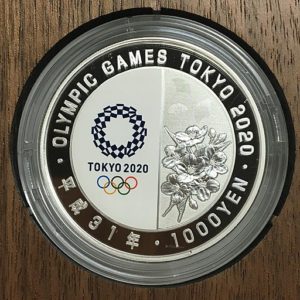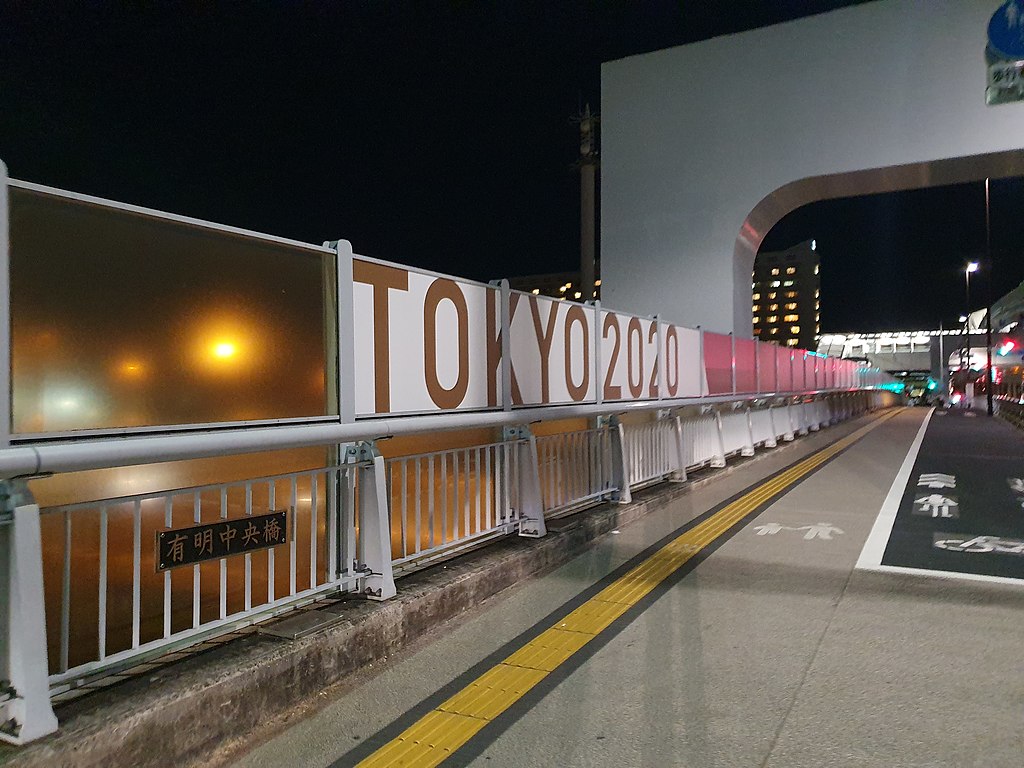After a year of delay, the 2020 Summer Olympics officially kicked off in a different, strange and restrictive scenario. Opinions regarding the rescheduling of the event, while still amidst the pandemic, have been diverse around the world, especially in Japan, where infection rates are high and only 23% of the population is vaccinated.
Athletes who have been preparing for years have already lost an opportunity in 2020 and had to adapt their routines to avoid wasting the work they had done. The challenge continues during the event, when they also have to think about the strict anti-Covid protocols.

Some people consider that this is an opportunity to find hope through sport, others see the implementation of the event as merely financial, while others are protesting outside the stadiums trying to stop the competition.
Undoubtedly, the exceptional situation meant that the organizers had to adjust all their plans in order to hold the Olympics from July 23 to August 8 and, a few weeks later, the Paralympics from August 24 to September 5.
2020 Olympics in 2021
After the postponement, due to the pandemic, the Olympic Committee decided to continue with the original name: Tokyo 2020. The reason seems to be marketing as all the merchandising products, stages and decorations were prepared with the original logo.
Interestingly, these are the first games held in an odd-numbered year.
A big investment without an audience
The 2020 Olympics are the most expensive in history. The delay, due to the pandemic, caused the original budget to be exceeded with low chances of recovering it, because factors such as banning the public from the stadiums will make it impossible to make it back in tickets and tourism.
Ecological Olympics
The organizers have decided to innovate in ecological aspects for these games. The medals are made from electronic waste and 25.5 tons of recycled plastic were used for the ceremonial podiums.
Another of the green proposals consists of reducing carbon emissions. Athletes will be transported in electric cars and solar panels have been installed in the sports complexes.
But the news that has caused more surprise is the cardboard beds that can be recycled at the end of the sporting event. The beds have generated a stir on social media as they are perceived as a measure to avoid intimacy among athletes and, thus, the possible spread of Covid.
Apparently, the beds are more resistant than thought, at least that is what some athletes have demonstrated in their videos.
https://twitter.com/McClenaghanRhys/status/1416567768938291203?ref_src=twsrc%5Etfw%7Ctwcamp%5Etweetembed%7Ctwterm%5E1416567768938291203%7Ctwgr%5E%7Ctwcon%5Es1_&ref_url=https%3A%2F%2Fwww.nytimes.com%2Fes%2F2021%2F07%2F19%2Fespanol%2Fcamas-olimpicas-antisexo-tokio.html
Olympic dream thwarted by Covid
After years of intense training, some athletes have been left out at the last minute when they tested positive for Covid-19. Some of those affected got the result before they arrived and others after arriving in Japan.
The countries that have reduced selections because of this are the United States, Great Britain, Australia, South Africa, Czech Republic, Chile, Mexico and Russia.
Discriminatory controversies
Due to anti-Covid protocols, staffing inside sports venues has been reduced, but some of the measures are alarmingly extreme to the point of being discriminatory. Three-time gold medal-winning swimmer, Becca Meyers, dropped out of the competition after her request to be accompanied by a personal care attendant was denied.
In the past, the U.S. Olympic and Paralympic Committee had allowed Meyers, who is deaf and blind, to be accompanied by a specialized caregiver but this time they deemed she did not need the assistance. The athlete lamented that they did not take into account her basic needs in order for her to compete, “So, in 2021, why, as a disabled person, am I still fighting for my rights?”.
New sports
Tokyo 2020 has a record number of sports in the competition, with 33 in the Olympics and 22 in the Paralympics. Some of the disciplines added are skateboarding, surfing, baseball, karate and climbing. There will also be different modalities, new competitions for mixed teams and other relay sports.
Technological advances
Viewers can access different platforms that adapt more easily to the requirements of each person. In Japan, public broadcaster NHK will broadcast the games in 8K resolution and, for the rest of the world, it will be available in 4K for the first time.
To compensate for the lack of audiences in the sports centers, audio taken from past Olympics will be used. The recordings will avoid the hollow sound of empty stadiums, making it less of an awkward experience for the athletes. In addition, many competitors can see fans from all over the world cheering them on via screens.
From fairy princess to the Olympics
Rayssa Leal became known, at age 8, on social media through a viral video of her practicing some tricks on her skateboard wearing a fairy dress and tiny wings. Now, the 13-year-old Brazilian won the silver medal in her category. She also made history by joining the podium alongside very young rivals, Japan’s Funa Nakayama (16) and the gold medal winner, also from Japan, Momiji Nishiya (13).
Image credits: Syced and Numister

